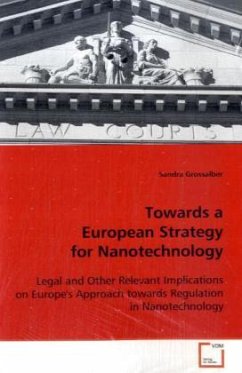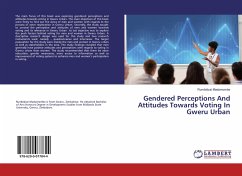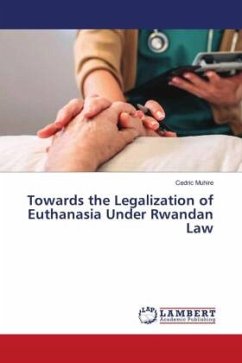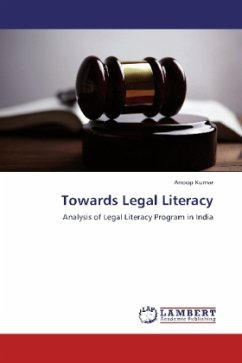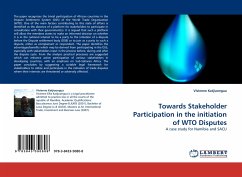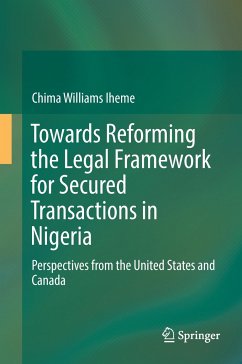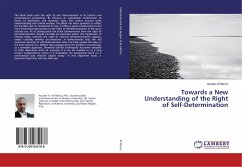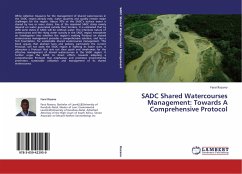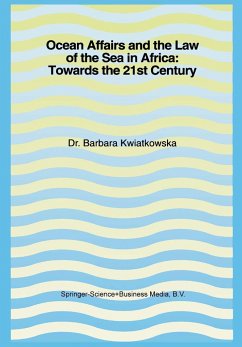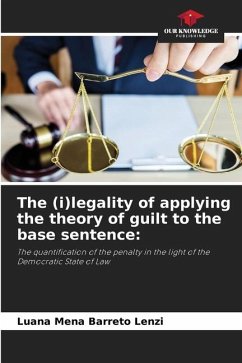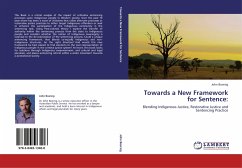
Towards a New Framework for Sentence:
Blending Indigenous Justice, Restorative Justice and Sentencing Practice
Versandkostenfrei!
Versandfertig in 6-10 Tagen
52,99 €
inkl. MwSt.

PAYBACK Punkte
26 °P sammeln!
This Book is a critical analysis of the impact of orthodox sentencing processes upon Indigenous people in Western society. Over the past 10 years there has been a wave of initiatives that utilise alternate processes or restorative justice practices to either target Indigenous offenders or seek to enhance the participation of the Indigenous community in the sentencing task. Using Post-colonial theory I explore the transfer of authority within the sentencing process from the state to Indigenous people and consider whether the notion of Indigenous sovereignty is essential to the de-colonisation o...
This Book is a critical analysis of the impact of orthodox sentencing processes upon Indigenous people in Western society. Over the past 10 years there has been a wave of initiatives that utilise alternate processes or restorative justice practices to either target Indigenous offenders or seek to enhance the participation of the Indigenous community in the sentencing task. Using Post-colonial theory I explore the transfer of authority within the sentencing process from the state to Indigenous people and consider whether the notion of Indigenous sovereignty is essential to the de-colonisation of the sentencing process. Could a unique sentencing framework, that blends co-equally Indigenous and non-Indigenous structures, be the right direction? And would this new framework be best placed to find solutions to the over-representation of Indigenous people in the criminal justice system? At heart, this book looks for solutions through Indigenous empowerment, and cultural and legal pluralism, and places sentencing reform within a wider movement towards a postcolonial society.



